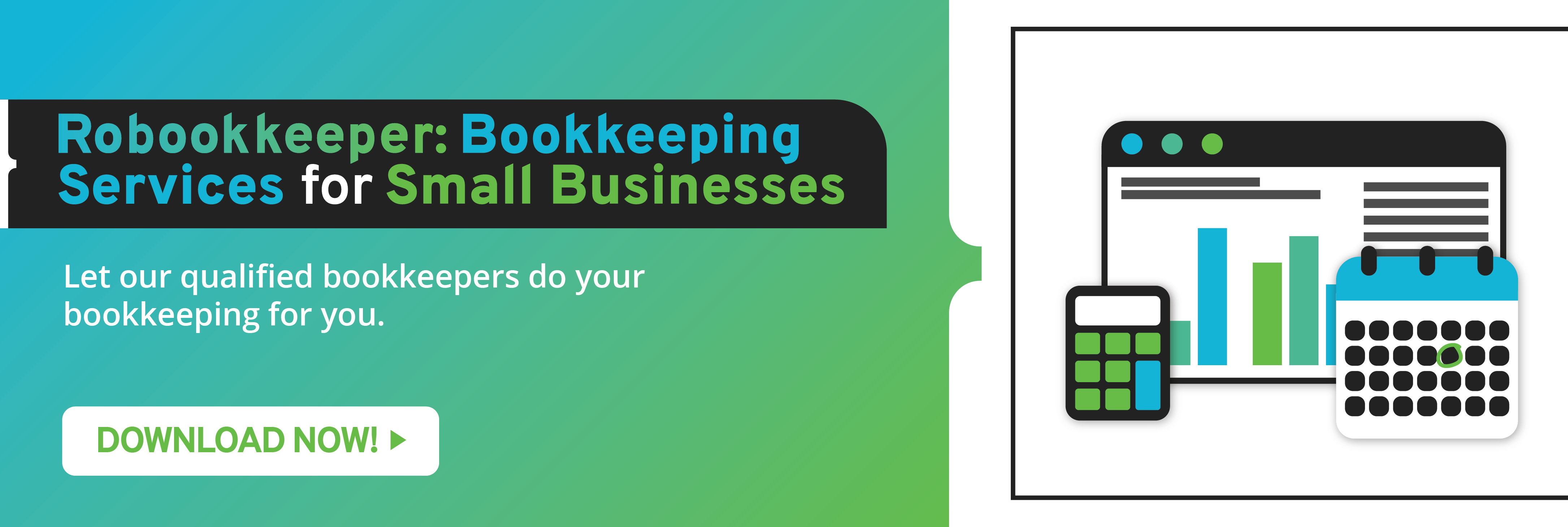Data collection is an important part of your small business’ success. Numbers provide you with a clearer picture of your company’s position in your chosen niche. It allows you to identify the right target market, how far ahead or behind your competition is, how to improve your products and services, and which platforms enable you to connect with your audience effectively. However, collecting just any kind of data won’t yield the results you are looking for.
Here are the different types of data in research you should consider collecting.
Get the Email Address
Collect the email addresses of your current and prospective customers. Doing so allows you to send newsletters, updates or reconnecting messages. You can include new products or services you offer in the emails. Improve your conversion rate by including special offers in the mails you send.
Likes and Interests
Learn more about your target audience by identifying their likes and interests. Collect this information so that you can customize your pitch to them. A personalized approach improves your conversion rate and allows you to connect with a customer. If a group of customers have the same interests, you can tailor your marketing strategy to suit their needs and wants.
Contact Details
If you plan on or already have a mobile marketing campaign, you should collect the mobile numbers of your customers. Doing so allows you to send them text notifications whenever you have a new product or service release, updates about prices, special promotions, and other messages you’d like to send. Most people check their phones, so if you send a text notification, they are likely to see it. The ideal time to collect the phone numbers of your customers is after they are already on your email list.
Target Audience Pain Points
One of the types of data in research you should collect is your customers’ pain points. Awareness of the problems of your customers enables you to customize and improve your products and services. Conduct quantitative and qualitative surveys to get insights about your target audience. The information you get about the problems of your customers enables you to respond immediately and provide creative solutions.
Product Reviews
Gather the product reviews and customer feedback you get, whether they are positive or negative. Both kinds of comments provide you with insights that allow you to change some of your processes and improve others. It also provides you with possible ideas for new products, features, and how to connect with your audience better.
Engagement Information
Likes and clicks are empty calories, small business owners need to know the extent of a user’s engagement whenever a potential customer browses their website or social media channels. Gather data about engagement such as comments, shares, reposts and other similar metrics. These provide you with a clearer picture of user engagement. This allows you to design your marketing and content campaigns in a way to engage your target market.
Market Location
If you have a physical shop or restaurant, you’ll need to know the geolocation of the people browsing your website and social media platforms. Ask outright when you conduct surveys or let the analytics tool of your website do the tracking. Knowing where your visitors are coming from enables you to customize a campaign and filter out those who are too far away.
Identify the types of data in research so that you can create a customized campaign to improve your conversion rate. The above mentioned data types allow you to learn more about your customers.
We at Robookkeeper can provide you with reliable bookkeeping services for small business owners. We can connect you with experienced virtual bookkeepers that provide first-rate output.



